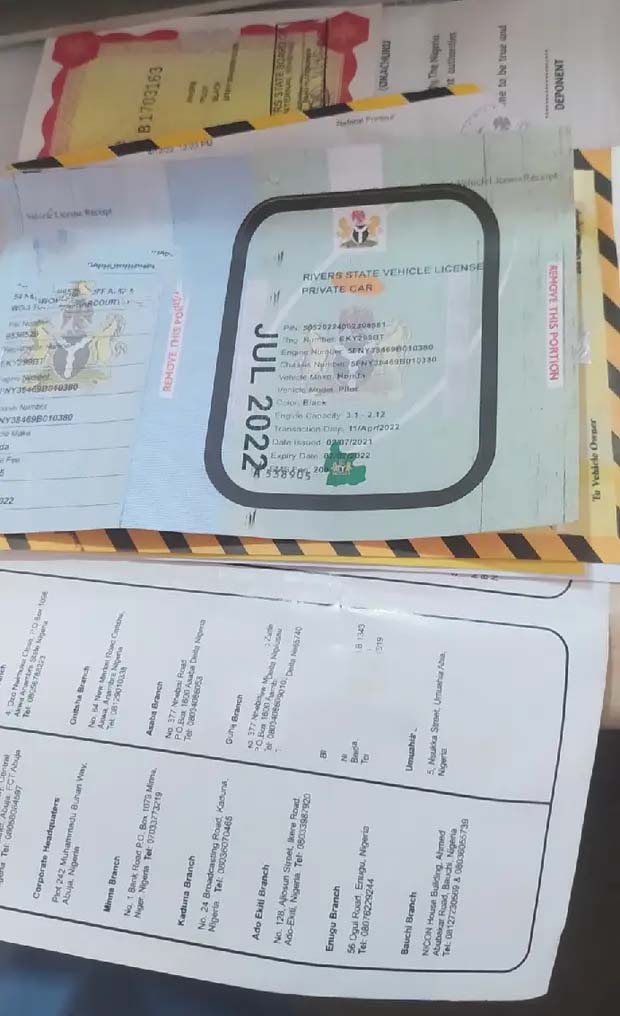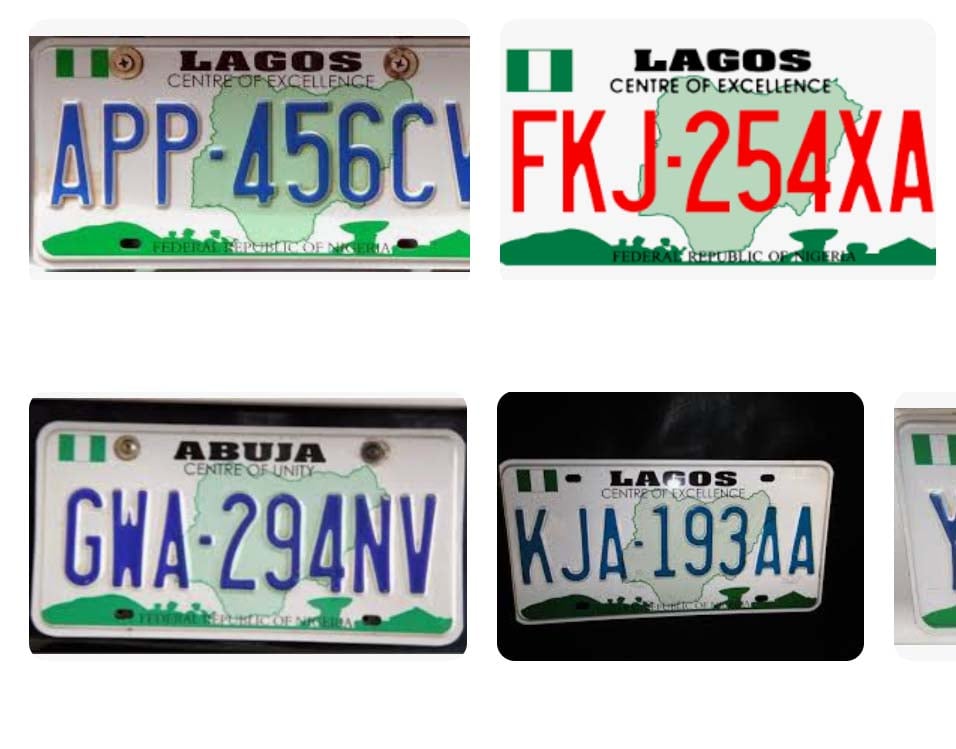
Registering a car in Nigeria, whether it's brand new, tokunbo (imported used), or Nigerian used, is a critical step to ensure legal ownership and compliance with road regulations. This comprehensive guide, inspired by insights from AutoSecure, outlines the step-by-step process to register your vehicle seamlessly. Whether you're a first-time car owner or transferring ownership, this article is optimised for Nigerians seeking clear, actionable advice.
Car registration in Nigeria is more than a legal requirement; it’s a way to establish ownership, enhance security, and comply with the Federal Road Safety Corps (FRSC) regulations in Nigeria. With plate numbers becoming advanced identification tools, driving an unregistered vehicle or one not in your name can lead to penalties or complications. Let’s dive into the process for registering new, tokunbo, and Nigerian-used cars.

Purchasing a brand new car is exciting, and the registration process is straightforward since the vehicle has never been registered in Nigeria. Here’s what you need to do:
Purchase Receipt: Provided by the dealership, this proves you legally acquired the vehicle.
Vehicle Identification Number (VIN): Found on the car’s chassis or documentation.
Engine Number: Included in the vehicle’s paperwork.
Take your documents to a licensed VIS agent or hire a professional to handle the process. The agent will:
Register the VIN and engine number on the VIS portal.
Generate a plate number for your vehicle.
The registration process typically takes 24 to 48 hours, depending on the agent’s efficiency. Once completed, you’ll receive your plate number, vehicle license, and other necessary documents.
Note: Brand new cars do not require customs duty clearance, unlike tokunbo vehicles.
Tokunbo cars, imported from abroad, require additional documentation due to their foreign origin. Whether purchased directly or through a Nigerian dealer, follow these steps:
Every tokunbo car must have a customs duty certificate. If buying from a dealer, ensure they provide this document. Without it, you cannot proceed with registration.
Customs Duty Certificate: Proof of import clearance.
Purchase Receipt: From the dealer or seller.
VIN and Engine Number: As with new cars, these are essential for registration.
Submit the documents to a VIS agent, who will:
Enter the VIN and engine number into the VIS portal.
Process the registration to generate a new plate number.
The process takes 24 to 48 hours, after which you’ll receive your plate number and vehicle license. Ensure all documents are stored safely for future reference.
Registering a Nigerian used car involves transferring ownership from the previous owner to you. This process is critical to update the vehicle’s records and avoid legal issues. Here’s how to do it:
To process a transfer of ownership, you’ll need:
Proof of Ownership: The original owner’s documentation proving they legally owned the car.
Plate Number Application: Details of the current plate number on the vehicle.
Up-to-Date Vehicle License: Ensure the vehicle license is current. If it’s expired, you must renew it for all outstanding years before proceeding.
Transfer of Ownership Document: A signed agreement between you (the buyer) and the seller, often notarised.
Purchase Receipt: Proof of the transaction between you and the seller.
Submit the documents to a VIS agent or the appropriate licensing office. The agent will:
Verify the documents.
Update the ownership details in the VIS portal.
Once the change of ownership is complete, you can apply for a fresh plate number. This step ensures the vehicle is fully registered in your name.
The entire process, including ownership transfer and plate number issuance, typically takes 24 to 48 hours. You’ll receive updated documents, including the new plate number and vehicle license.
Pro Tip: Always verify the vehicle’s history to ensure it’s not stolen or has unresolved fines before purchasing a Nigerian used car.

In Nigeria, plate numbers are increasingly used as electronic identification tools. Driving a car registered in someone else’s name can lead to:
Legal complications during road checks.
Challenges in proving ownership during disputes.
Difficulty recovering a vehicle if stolen.
Completing the change of ownership process ensures the car is legally yours and reduces risks.
As of June 2025, the Joint Tax Board (JTB) has revised the fees for number plates and driver's licenses. It's important to note that total registration costs can vary significantly by state and vehicle type. The following are a general range and newly approved prices:
| Item | Price (as of June 2025) |
| Standard Private Vehicle Plate | ₦30,000 |
| Standard Commercial Plate | ₦30,000 |
| Motorcycle Plate | ₦12,000 |
| Fancy/Customised Plate | ₦400,000 |
| Additional Fees | Varies by State |
The total registration cost for a private car typically includes the plate number fee, vehicle license fee, roadworthiness certificate fee, and administrative charges. This can range from ₦45,000 to ₦60,000 or more, depending on the state and vehicle type.
Work with Licensed Agents: Use authorised VIS agents to avoid scams or delays.
Verify Documents: Double-check all paperwork, especially for tokunbo and Nigerian used cars.
Renew Licenses Promptly: For Nigerian used cars, ensure the vehicle license is up to date to avoid extra costs.
Keep Copies: Store digital and physical copies of all registration documents.
Budget for Fees: Registration costs vary by state, so confirm fees with your VIS agent.
Expired Vehicle License: Renew all outstanding years before registration.
Missing Customs Duty: For tokunbo cars, contact the Nigeria Customs Service to resolve clearance issues.
Delays in Processing: Choose a reputable VIS agent to ensure timely completion.
At CarLots.ng, we simplify the car-buying process by offering verified brand new, tokunbo, and Nigerian used cars. Our team guides registration and connects you with trusted VIS agents to ensure a hassle-free experience. Browse our inventory today to find your dream car!
Registering a car in Nigeria is a straightforward process if you have the right documents and work with licensed agents. Whether it’s a brand new, tokunbo, or Nigerian used car, completing registration and change of ownership ensures legal compliance and peace of mind. Follow this guide, inspired by AutoSecure’s expert advice, to get your car on the road legally in 2025.
Ready to buy and register your car? Visit CarLots.ng for trusted vehicles and expert support. Share this guide with friends and family to help them navigate car registration in Nigeria!


Comments